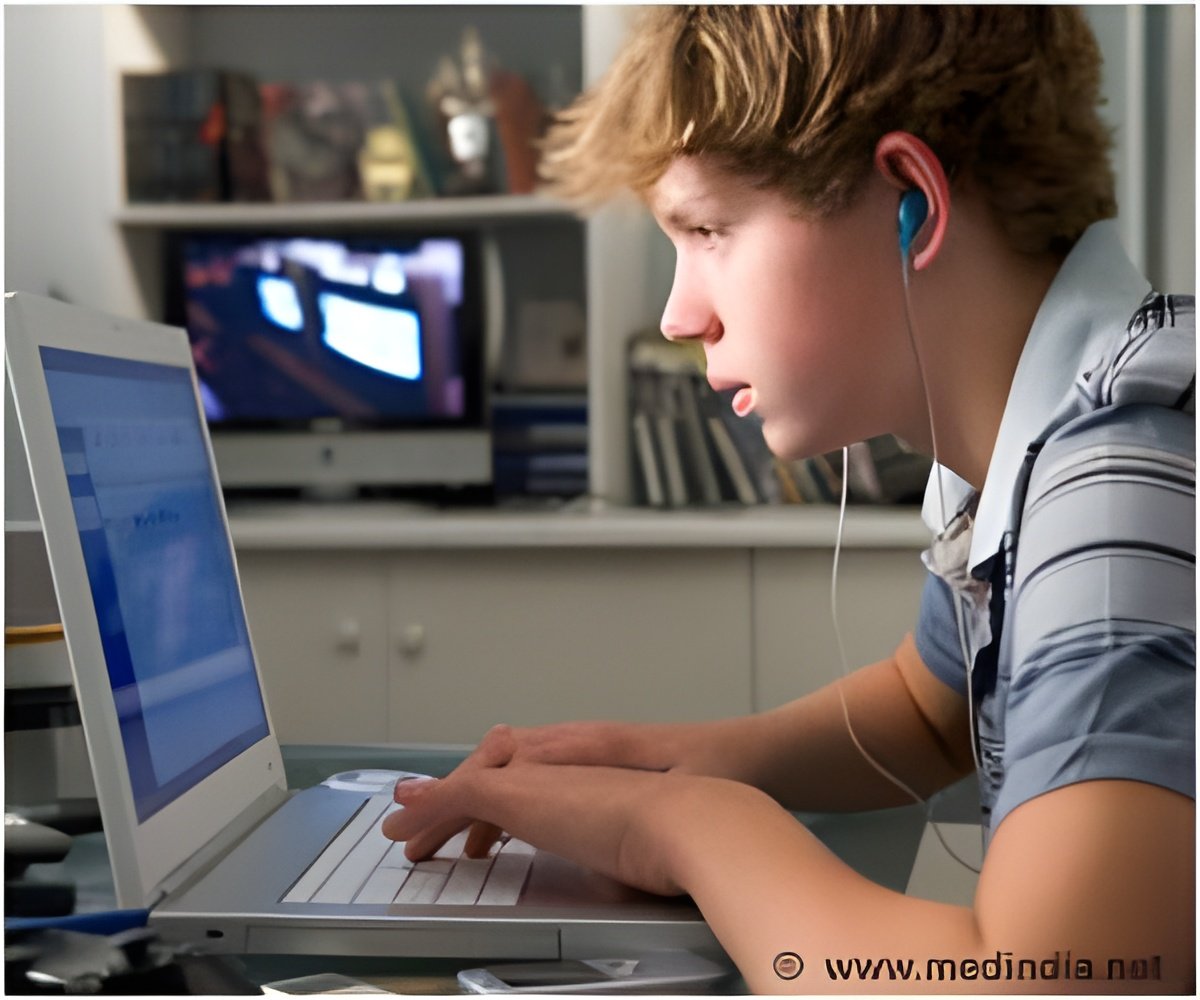Digital media eases the process of health knowledge sharing and creates new ways to access health information on rare diseases.

‘Social media platforms like Facebook and Twitter can act as effective tools for sharing information on rare diseases.’





The study entitled 'Health Activism and the Logic of Connective Action. A Case Study of Rare Disease Patient Organizations' examined online interactions in rare disease patient organizations in order to interpret how and to what extent patient organizations exploit online networking structures to provide alternative platforms for people to find information on and discuss health issues. The study suggests that digital media eases one-way, two-way and crowdsourced process of health knowledge sharing; provides personalized routes to health-related public engagement; and creates new ways to access health information - particularly where patient experiences and medical advice are both equally valued.
Dr. Stefania Vicari from the University of Leicester's Department of Media and Communication, who led the study, explained: "This project shows the potential of online communication tools for isolated patient communities and the extent to which patients' experiential knowledge is becoming a point of reference for other patients, together with - or sometimes in isolation from - traditional medical sources."
"These forms of organizationally enabled connective action can help to build personal narratives that strengthen patient communities, the bottom-up production of health knowledge relevant to a wider public, and the development of an informational and eventually cultural context that eases patients' political action."
"Not only is patients' knowledge valuable for peer support within patient communities, it has the potential to add to traditional medical knowledge, especially in cases where this is limited - such as in the case of rare diseases."
Advertisement










